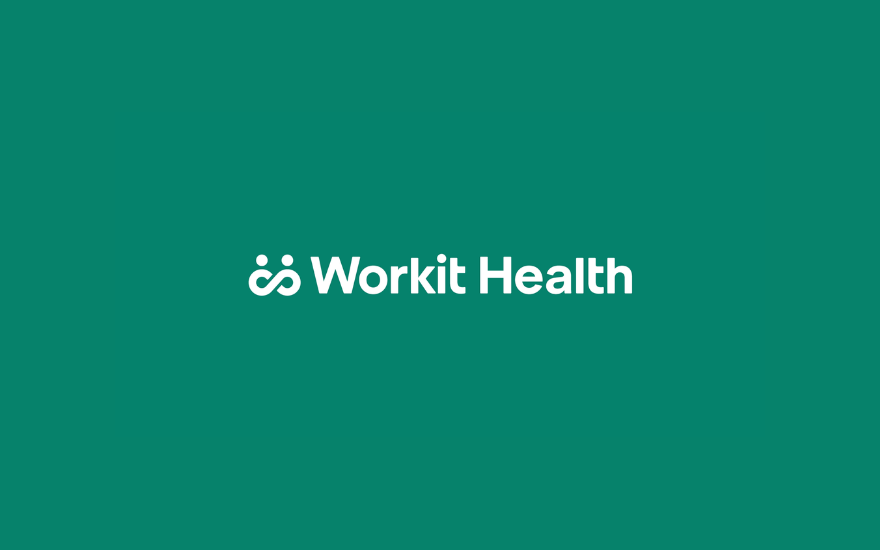Behind the Investment: Workit Health — Expanding Addiction Care Virtually Through an App

The Alcoholics Anonymous saying goes, “It works if you work it.” What if “working it” for all types of addiction was as simple as downloading an app?
Getting early care to someone with substance abuse disorder not only saves employers and health plans from covering protracted, costly treatment plans, but can put someone on a stronger recovery path. But there are often logistical barriers to access. Not everyone can get to a facility and put in the in-person time and work.
An at-home, downloadable treatment option can connect people to early and virtual care, especially during an ongoing pandemic. With people isolated from support networks, cut off from in-person treatment programs, and at home with nothing to do, alcohol and other substance abuse starts to rise. In 2020, the CDC reported an increase in substance use (along with deteriorating mental health) within the initial months after COVID-19 restrictions. Alcohol use and abuse in particular skyrocketed, while opioid addiction has steadily grown in the past few years. 2020 was one of the deadliest years for drug overdoses. Needless to say, virtual addiction care is as vital as ever.
We’ve been tapped into the telehealth space long before the pandemic. We have been tracking the progress of Workit Health and getting to know co-founders and co-CEOs Robin McIntosh and Lisa McLaughlin since the app’s early days. Both women have been through the substance use treatment process (they met in an AA meeting while working in tech in the Bay Area) and know firsthand what addiction care is like and how traditional methods fall short. It’s clear that Workit Health is leading the revolution to modernize addiction care and we want to support their long-term vision.
Workit Health offers a spectrum of online care to address substance abuse, co-occurring conditions like anxiety, PTSD, and ADHD, and other forms of addiction such as sex, gambling, pornography, or food. Workit uses virtual tools, so users don’t have to sit in waiting rooms or travel to facilities. Instead members receive clinical support via video while at home and it’s covered through many health plans. Through the app, members receive counseling, medication-assisted treatment, online group therapy sessions, e-prescriptions at local pharmacies, psychiatric care for depression, anxiety, insomnia, and ADHD, and primary care support for conditions like hepatitis C.
Even before a pandemic pushed almost everything online, Workit showed how app-based virtual care can be as effective while cheaper and more accessible than traditional intervention methods. Addiction care takes work and commitment, even if it’s through an app. But it pays off: 84 percent of Workit members stay in the program longer than 30 days. Compare that to the industry average of 33 percent of patients who stick with traditional treatment after the first month.
Only 2.2 million patients entered a treatment facility in the U.S. in 2016, even though substance abuse is much more widespread. Workit Health could one day reach the 48 million Americans who report struggling with prescription and other drug addiction, while knocking down stigmas around telehealth treatment. In the past 18 months, Workit has seen a 400 percent increase in users. Over 93 million lives are covered through insurance plans that offer access to Workit’s licensed clinical support and counseling programs.
Through this Series C round, Workit can reach even more people. While currently available in 10 states, they will expand availability nationwide by 2023.
The telehealth space and digital delivery of care are important to us. That’s why we’ve made previous investments in mental health platforms Alma and Calm, along with digital care provider Hinge Health for chronic musculoskeletal conditions. Investing in Workit Health reinforces our goal: Making care more accessible and early intervention easier. We’re excited to put in the work with Lisa and Robin who are fiercely passionate about helping more people into recovery.








